
The FHA 203(k) loan is a specialized mortgage product offered by the Federal Housing Administration (FHA) that enables homebuyers and homeowners to finance both the purchase or refinancing of a home and the cost of needed repairs or renovations in a single loan. This type of loan is particularly useful for those looking to buy a fixer-upper or upgrade an existing property. The 203(k) loan has two variations: the Limited 203(k), which has a cap on repair costs, and the Standard 203(k), which allows for more extensive renovations. The loan amount is based on the projected value of the home after repairs are completed. It provides a convenient solution for individuals who want to invest in a home that requires improvements but may lack the immediate funds for renovations.

FHA loans are mortgages insured by the Federal Housing Administration. They are designed to make homeownership more accessible, especially for first-time buyers and those with lower credit scores. FHA loans typically have lower down payment requirements (as low as 3.5% of the purchase price) and more lenient credit standards compared to conventional loans. The FHA's backing of these loans reduces the risk for lenders, making it easier for borrowers to qualify. However, FHA loans require borrowers to pay an upfront mortgage insurance premium (MIP) and an ongoing MIP throughout the life of the loan.
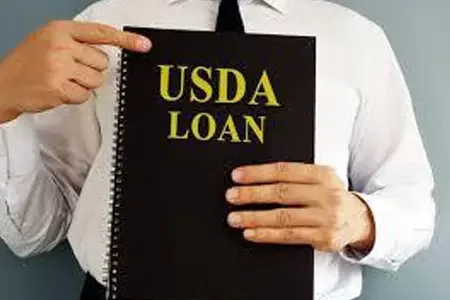
USDA Loans, offered by the United States Department of Agriculture, are designed to help low to moderate-income individuals and families in rural areas secure affordable housing. These loans require no down payment and often come with competitive interest rates. They can be used to purchase, build, repair, or renovate homes in eligible rural areas. USDA Loans have income restrictions and property location requirements, making them an excellent option for those looking to achieve homeownership in rural communities.

Conventional loans are mortgages that are not backed or insured by any government agency. They are offered by private lenders and come in various forms, including fixed-rate and adjustable-rate mortgages. Conventional loans generally require a higher credit score and a larger down payment compared to FHA or VA loans. A down payment of 20% or more can help borrowers avoid private mortgage insurance (PMI), which is required for loans with lower down payments. Conventional loans offer flexibility in terms of loan amount, property type, and repayment options. They are suitable for individuals with strong credit profiles who can meet the stricter eligibility criteria.
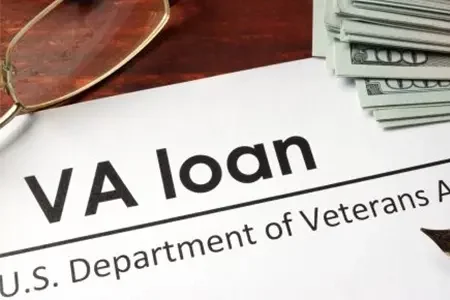
VA Loans are a benefit provided to eligible veterans, active-duty service members, and certain members of the National Guard and Reserves. These loans are backed by the U.S. Department of Veterans Affairs and offer favorable terms, including no down payment and no private mortgage insurance requirement. VA Loans can be used to purchase or refinance primary residences, helping military personnel and veterans achieve homeownership with reduced financial barriers.

If you’re eyeing that perfect piece of undeveloped land, land loans can help you secure it. Credit scores and down payment requirements will depend on your chosen lender. While land loans offer investment potential and customizable terms, be prepared for potentially higher interest rates and a possible substantial down payment.

A Home Equity Line of Credit (HELOC) allows homeowners to access the equity they have built up in their homes. It functions as a revolving line of credit, similar to a credit card, where borrowers can borrow against the equity in their home up to a certain limit. HELOCs usually have variable interest rates and consist of a draw period, during which borrowers can access funds, followed by a repayment period. HELOCs are commonly used for home improvements, debt consolidation, education expenses, or other major expenses.

Reverse Mortgages are tailored for older homeowners (typically 62 years or older) and enable them to convert a portion of their home equity into tax-free income without having to sell the home or make monthly mortgage payments. The loan is repaid when the homeowner no longer occupies the home as their primary residence, usually through the sale of the property. Reverse Mortgages can provide financial flexibility for retirees by allowing them to tap into their home’s equity while still living in it, but they come with fees and interest rates that should be carefully considered before proceeding.

If you’ve got big dreams of building your own home from scratch, construction loans are the way to make it happen. Lenders may ask for a higher credit score, usually around 680 or more, and a substantial down payment. They offer the flexibility to finance your custom home, with options to convert to a permanent mortgage later. Remember, though, the requirements can vary from lender to lender.

Looking to invest in commercial properties? Commercial loans can open doors for you. But be ready for varying eligibility criteria as they can differ widely among lenders. These loans offer flexibility for investment properties, income potential, and customizable terms. Just be aware that you’ll face strict underwriting standards and possibly higher interest rates, depending on your lender.

Real estate investment can be lucrative, and investment loans can help fund your ventures, whether it’s flipping properties, holding them, or investing in construction. Credit score and down payment requirements will vary among lenders. While these loans provide an opportunity for profit, they can come with higher interest rates and increased risk. So, choose your lender wisely.
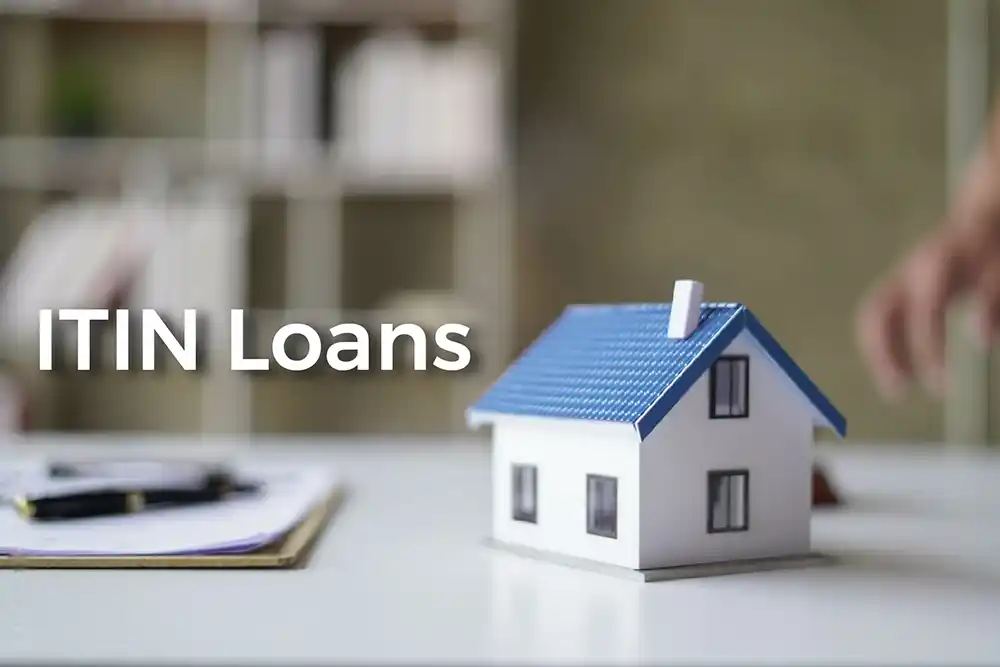
Non-citizens with an Individual Taxpayer Identification Number (ITIN) can access homeownership through ITIN loans. Eligibility criteria can vary, but these loans offer flexible credit requirements and possibly lower down payments. Keep in mind that lender options may be limited, and there could be higher interest rates or additional documentation required.
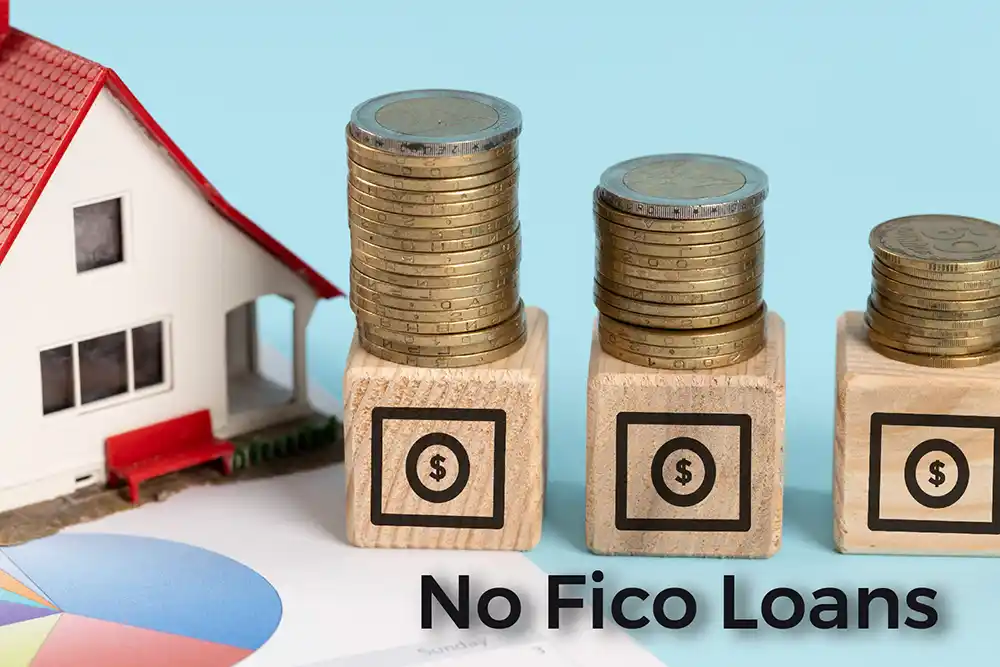
No credit history? No problem! No FICO loans are for those with limited or no credit history. Eligibility criteria differ among lenders. These loans offer access to credit without a traditional credit score, an opportunity to establish credit, and flexible requirements. But, be aware that interest rates could be higher, and your lender choices might be limited.

Self-employed and struggling with traditional income documentation? Bank statement loans cater to you. Lenders assess income based on bank statements. These loans offer flexibility for self-employed individuals, potential for higher loan amounts, and customizable terms. But brace for potentially higher interest rates, stricter credit requirements, and documentation of business income.

Independent contractor or freelancer? 1099 loans are tailored for you. Eligibility criteria differ among lenders. These loans provide access to financing without W-2 income, customizable terms, and potential for higher loan amounts. However, variable income may impact eligibility, interest rates might be higher, and stricter documentation could be required.
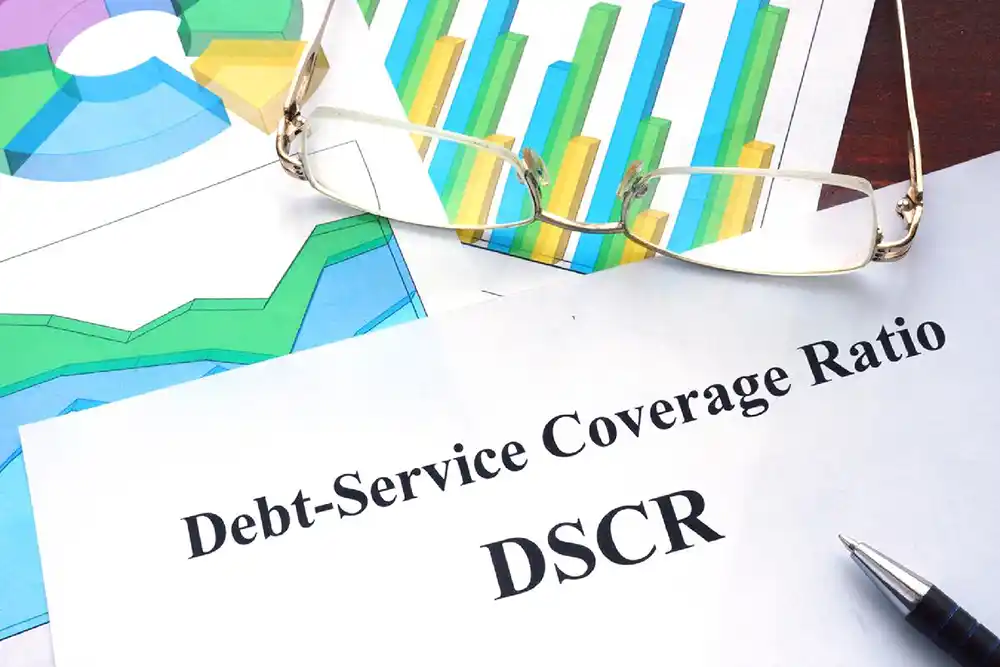
Looking to invest in income-generating properties? DSCR loans evaluate the property’s ability to cover debt payments. These loans are suitable for commercial real estate, considering the property’s income potential and offering customizable terms. But be ready for stricter underwriting standards, a possibly larger down payment, and potentially higher interest rates for riskier properties.
Remember, while this information provides a general overview, the specific guidelines and policies for each loan can vary significantly among lenders. It’s crucial to work closely with a knowledgeable mortgage broker who can help you navigate the complexities and find the right loan product tailored to your unique financial situation and goals. Keep in mind that these loan guidelines are subject to change, so staying informed about the latest updates is essential.
Welcome to Isaiah Brown’s corner of the internet, where your dreams of homeownership become a reality. With years of experience in the financial industry, Isaiah Brown has dedicated his career to helping individuals and families secure the best possible home loans and navigate the intricacies of mortgage refinancing.